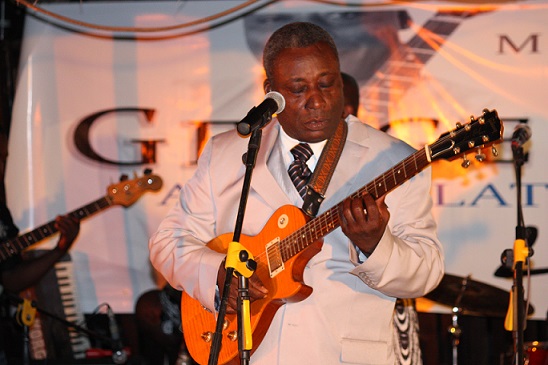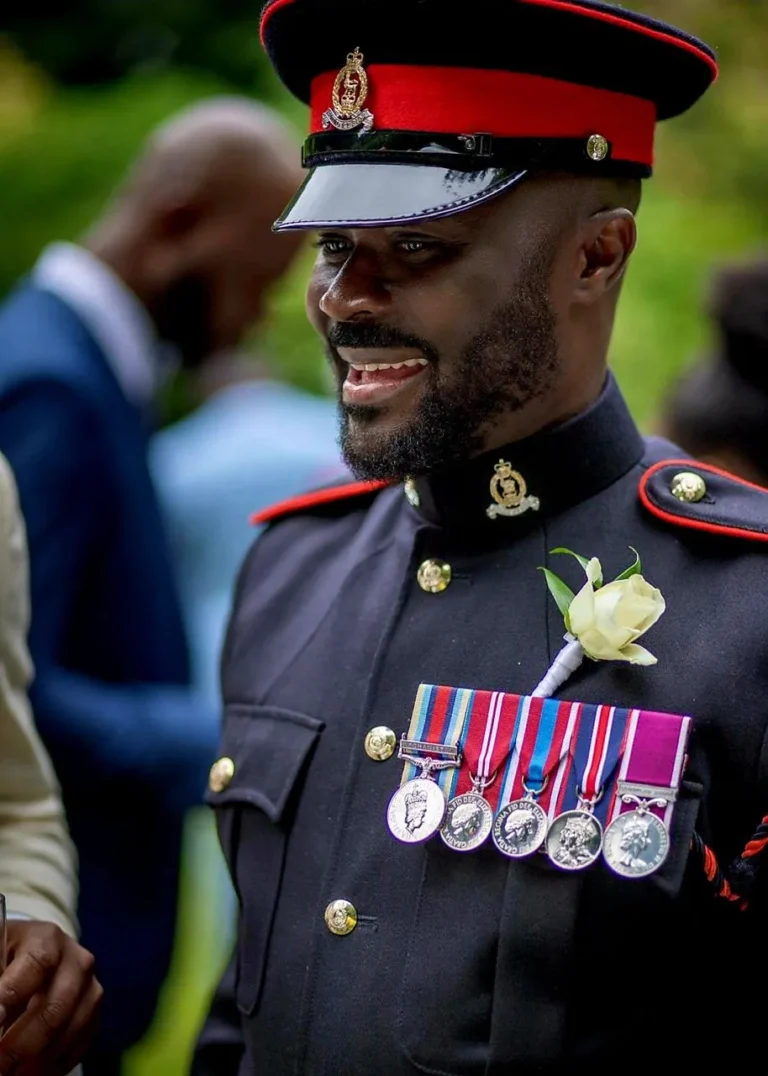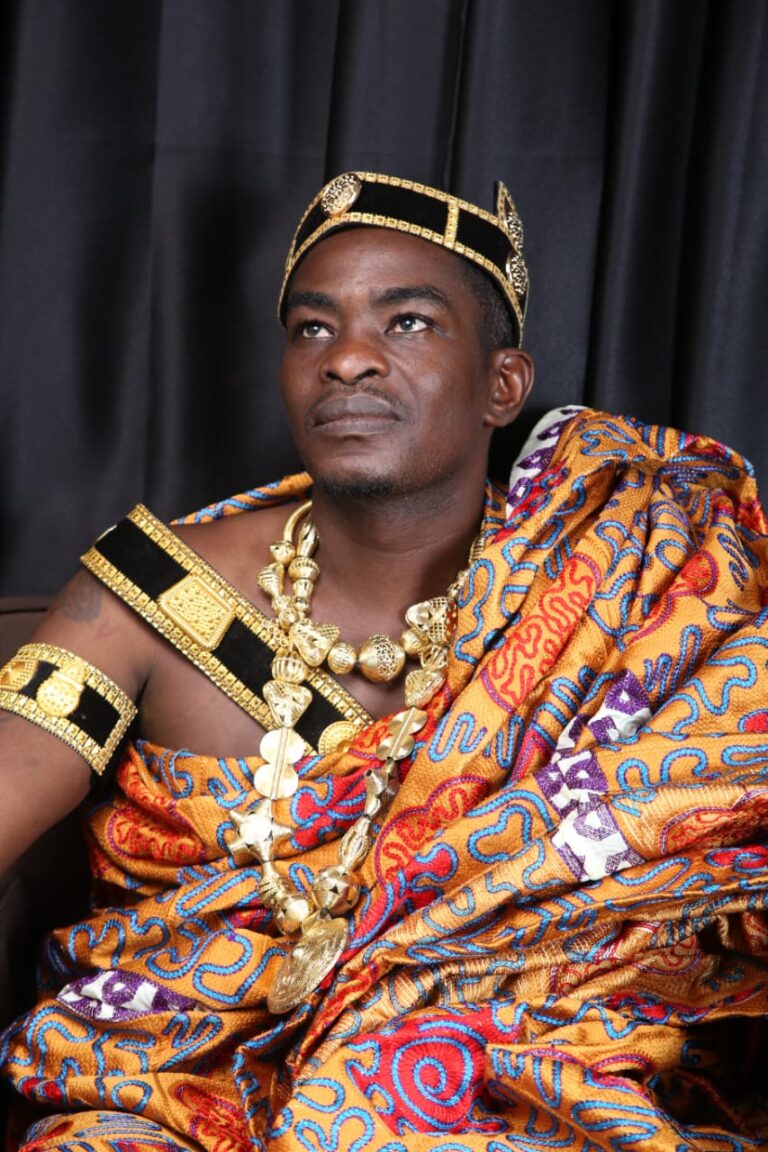
I was even more eager to see George after learning that Agya Koo Nimo had highlighted George Darko as one of the guitarists he had worked with. However, I never did and never will get to fulfill that goal. Sadly, George, who was 73 years old, passed away. It appears that he spent several months in the Tetteh Quarshie Memorial hospital in Akwapim Mampong, where George held the title of Nana Ampem Darko and served as sub-chief. George, yie, wae! (One of your biggest supporters says.)
With the exception of one “24th Night,” when the Koforidua Casino Dance Band invaded Bunso (Eastern Region), which is close to my hometown, I could not remember ever being driven into such a frenzy by music as I was just now.
The song’s lyrics were straightforward: Eeei eei, Ako te Brofo, ooh! Oh my goodness, Eeei eeh! Efiri tete ako te Brofo!
(The parrot has always been incredibly expressive while speaking English; it speaks the language well!)
Well, those weren’t exactly words to light the water on fire, were they? However, the lovely baritone voice that sang them complemented the beauty of the music. That being said, whoever wrote the lyrics realized that just repeating the idea—however outrageous—that a parrot could speak English would only get them so far.
In order to ensure that the charge of being “superficial” would not hold, he had written a second verse! To appease those who want intellectual profundity in pop songs, he included the entire Twi proverb, thinking that it would suffice: Krotwiamansa to nsu mu a, Ne ho na ofor, Na nensanho no de, Ewo ho daa! (When the leopard falls into a pond, its skin does get wet.).
However, that’s all there is to it—its stripes are permanent.
I went home after sating my appetite for music and dancing, and I started to inquire about the artist who had so inspired me.
There wasn’t much information out there about him. All I was informed about him was that he was a musician who played “burger hi-life” music and that his name was George Darko. Though I never found his band or him, I was expecting to hear more of his songs.



